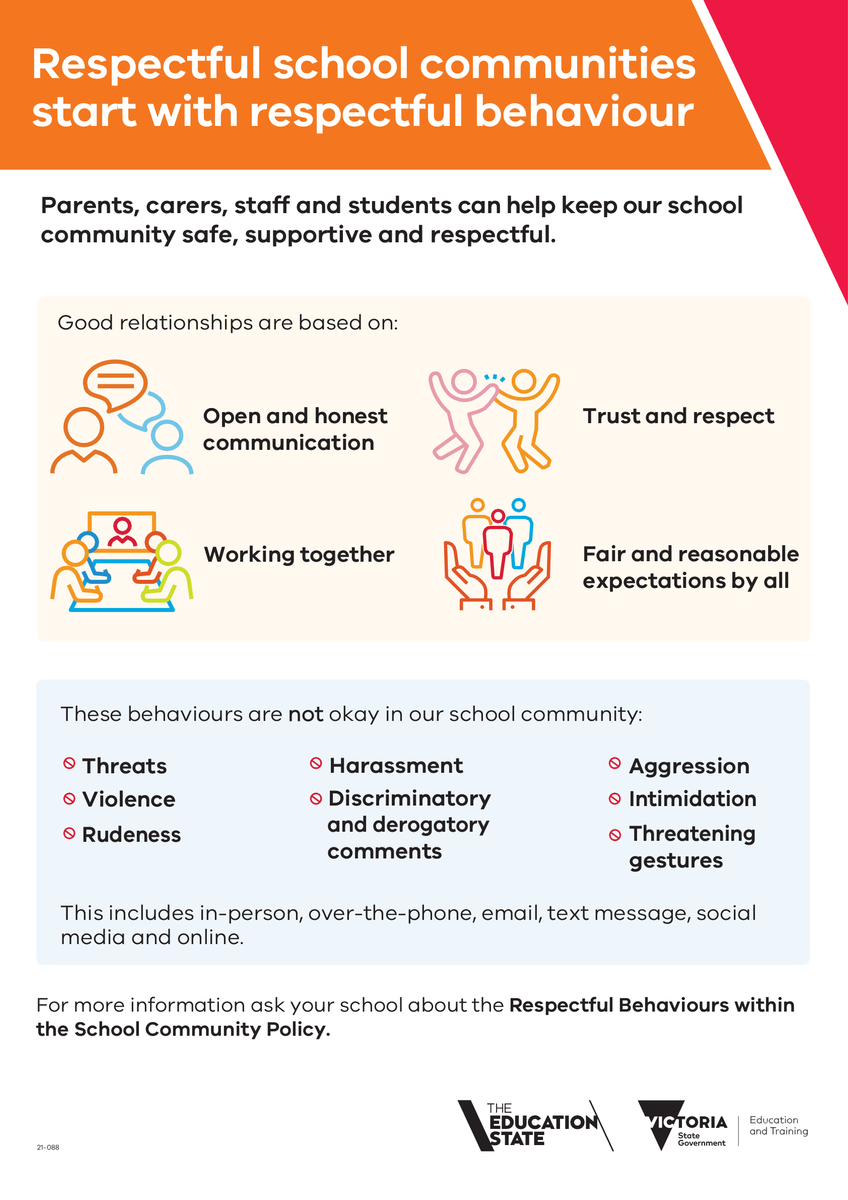Wellbeing & Inclusion News

Corporal Punishment
What it is and why it’s harmful to children
Corporal or physical punishment means using physical pain to change or control behaviour.
Corporal punishment harms children. It can:
- cause physical injuries
- make it harder for children to learn and develop well
- damage children’s relationships with their parents or carers
- teach children to use violence in their relationships with others.
Even mild physical punishment isn’t safe for children.
Corporal punishment including smacking: why it doesn’t work as a response to behaviour
Children might quickly stop what they’re doing when they’re smacked. But corporal punishment doesn’t help them behave well over the long term. That’s because it doesn’t help children learn to:
- manage their emotions in safe ways – for example, to recognise when they’re getting frustrated and decide how to respond to that emotion
- behave appropriately – for example, to understand that yelling is OK when you’re playing in the park but probably not OK inside when other people are around
- react more positively – for example, to admit to mistakes and ask for help, rather than trying to hide mistakes.
In fact, corporal punishment including smacking can accidentally encourage behaviour or make it worse. That’s because smacking is a form of attention. It’s also a strong emotional response and often involves close physical contact. Children need attention and are more likely to behave in ways that get attention, even if it’s unpleasant attention.
Children’s learning and development: harm caused by corporal punishment including smacking
It’s best for children’s learning and development if they can choose to behave positively because it’s good for them and others, not because they’re afraid of being physically hurt.
But corporal punishment including smacking makes it harder for children to learn and develop well.
You play an important role in guiding your child’s behaviour by giving them positive attention when they’re behaving in positive ways. This reinforces children’s positive behaviour and makes them more likely to repeat it.
How to support children’s behaviour, relationships and development without corporal punishment
There are many ways to guide children towards appropriate behaviour, help children learn and develop well, and build children’s relationships.
Here are ideas that don’t involve corporal punishment or smacking:
- Help your child learn to cooperate with others and follow instructions.
- Help your child learn to understand their emotions.
- Make it easy for your child to change from one activity to another.
- Help your child develop independence and learn skills to do the things they need or want to do.
- Use family rules and discussions to help your children understand what behaviour is acceptable in your family.
- Be a role model. Children do as you do.
- Prepare for difficult situations like shopping trips, having visitors or crossing busy roads.
- Understand that children might not behave well if they’re hungry, tired or unwell.
https://raisingchildren.net.au/toddlers/behaviour/discipline/smacking
Respectful School Communities start with Respectful Behaviour

